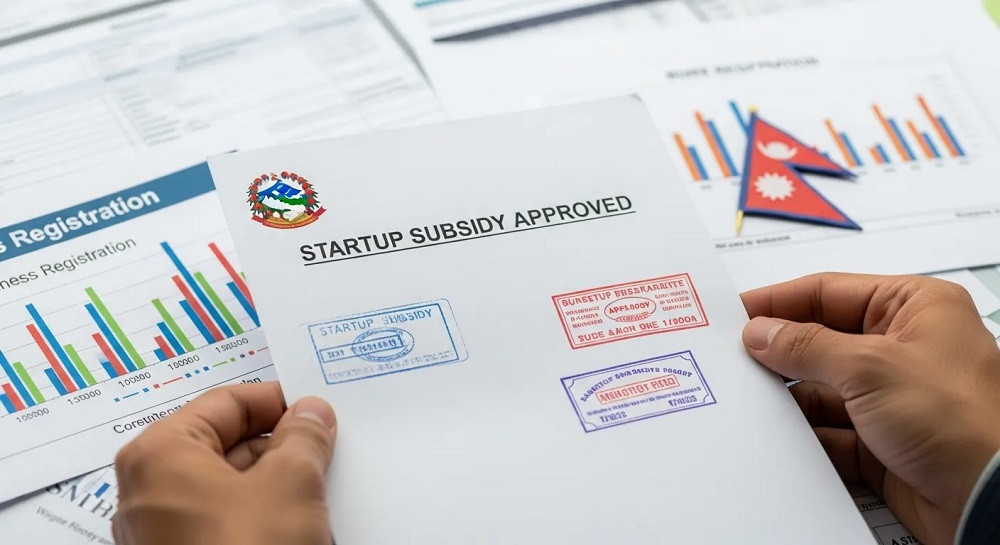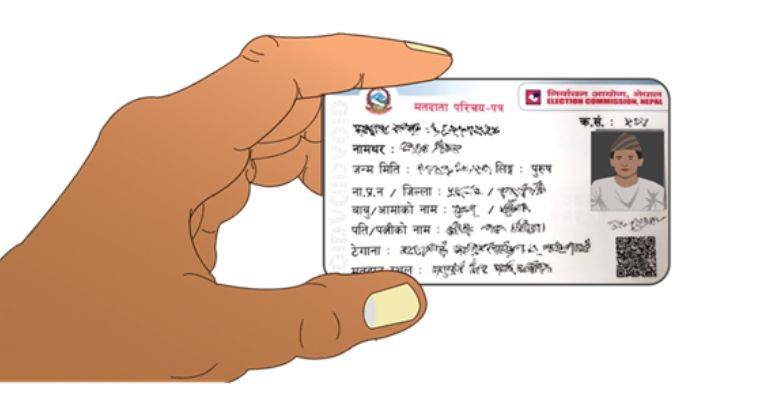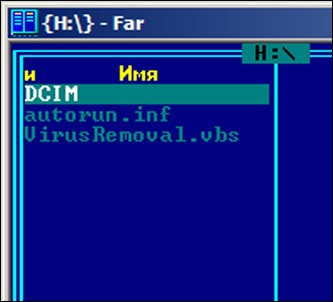
Nepal has a Startup Enterprise Loan Program providing collateral-free loans of up to NPR 2.5 million at a 3% subsidized interest rate. Approved under the "Startup Enterprise Loan Operation Procedure, 2081" (2024/025), the Industrial Enterprises Development Institute (IEDI) under the Ministry of Industry, Commerce and Supplies implements the scheme, which prioritizes innovative and tech-based startups to foster entrepreneurship and address youth migration.
600 startups got 886.6 million rupees soft loan
The government has provided startup enterprise loans to 600 projects. In the last fiscal year 2081/82, the Industrial Business Development Foundation provided loans to 600 projects. According to the Startup Enterprise Loan Operation Procedure 2080, 661 projects were selected for loans in the fiscal year 2081/82. Out of these, only 600 projects were successful in getting startup loans.
5,158 project proposals were received for startup enterprise loans. After that, 1,314 proposals were included in the initial list after initial evaluation.
Out of these, only 1,073 proposers participated in the business presentation, and based on that presentation, 661 projects were selected and recommended to the National Commercial Bank to provide loans for startup enterprise loans.
Out of the 661 projects selected, 886.62 million rupees of concessional loans were provided to 600 proposers by the National Commercial Bank by mid-Ashar 2082, according to Jitendra Basnet, spokesperson for the Ministry of Industry, Commerce and Supplies.
The Startup Enterprise Loan Operation Procedure 2080 prepared by the Ministry of Industry, Commerce and Supplies provides for a maximum loan of up to Rs. 2.5 million to be disbursed to a project without collateral at an interest rate of three percent.
Startups soft loan scheme in Nepal
Nepal has a Startup Enterprise Loan Programme providing collateral-free loans of up to Rs 2.5 million at a subsidized 3% annual interest rate for legally registered startups under seven years old. Eligible startups must meet criteria for paid-up capital, annual turnover, and fixed capital, and operate in a government-approved sector such as IT, agriculture, or tourism. The Industrial Enterprises Development Institute (IEDI) under the Ministry of Industry, Commerce, and Supplies oversees the program and is responsible for inviting applications and evaluating proposals.
Maximum Loan Amount: Up to Rs 2.5 million.
- Interest Rate: 3% per annum.
- Collateral: Collateral-free.
- Repayment Period: Up to seven years.
- Registration: The startup must be legally registered as a company for no more than seven years.
Paid-up Capital: Between Rs 200,000 and Rs 1 million. - Annual Turnover: Not exceeding Rs 20 million.
- Fixed Capital: Not exceeding Rs 20 million (excluding land and property).
Prohibited Entities: Blacklisted companies, import-resale businesses, and holding/investment companies are not eligible.
Eligible Sectors: The loan supports ventures in agriculture, livestock, forest products, tourism, hospitality, IT, health services, education, waste management, renewable energy, and more.
Overview
- Startups that meet certain government requirements can now get loans up to NPR. 25 lakh without needing any collateral.
- The interest rate is fixed at 3%, with a maximum loan period of 7 years.
- The government has set aside Rs 2.5 crore for loans, helping 100 startup businesses.
Sector Inclusion
Startups in 14 sectors are eligible:
- Agriculture
- Tourism and Hospitality
- Production and distribution of alternative energy
- Science, information technology, and communication
- Health services
- Education and training (excluding language learning, including consultants, tuition centers, coaching classes)
- Household
- Environmental protection and waste management
- Transport services
- Disaster risk reduction and management
- Infrastructure construction
- Automobiles
- Mining
- Mineral research and development
The aim is to support and encourage innovative businesses in Nepal.















